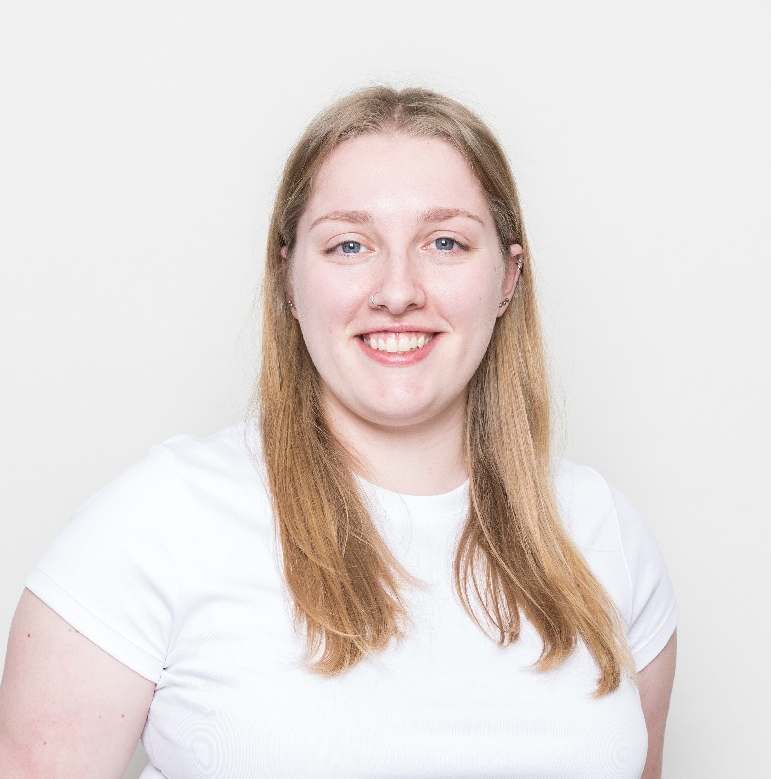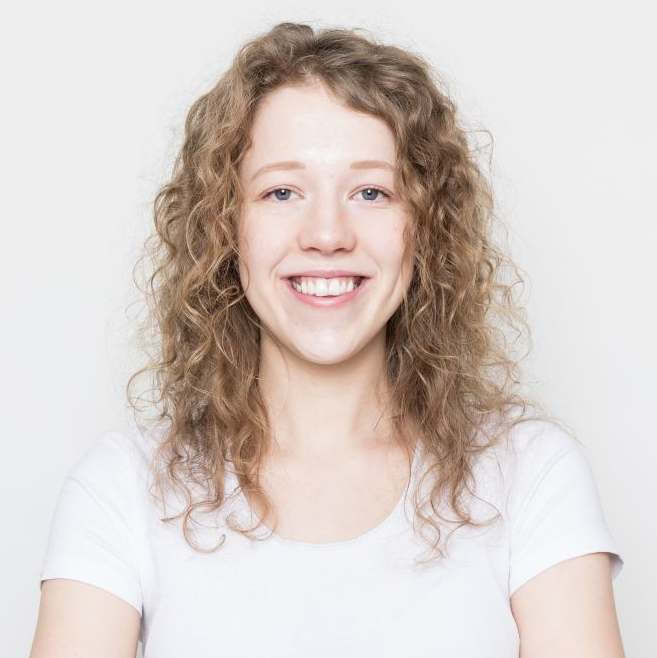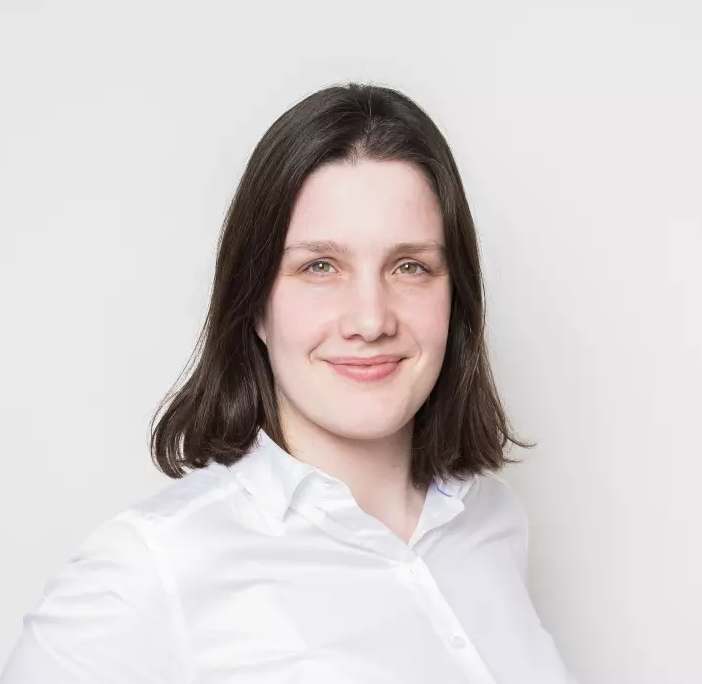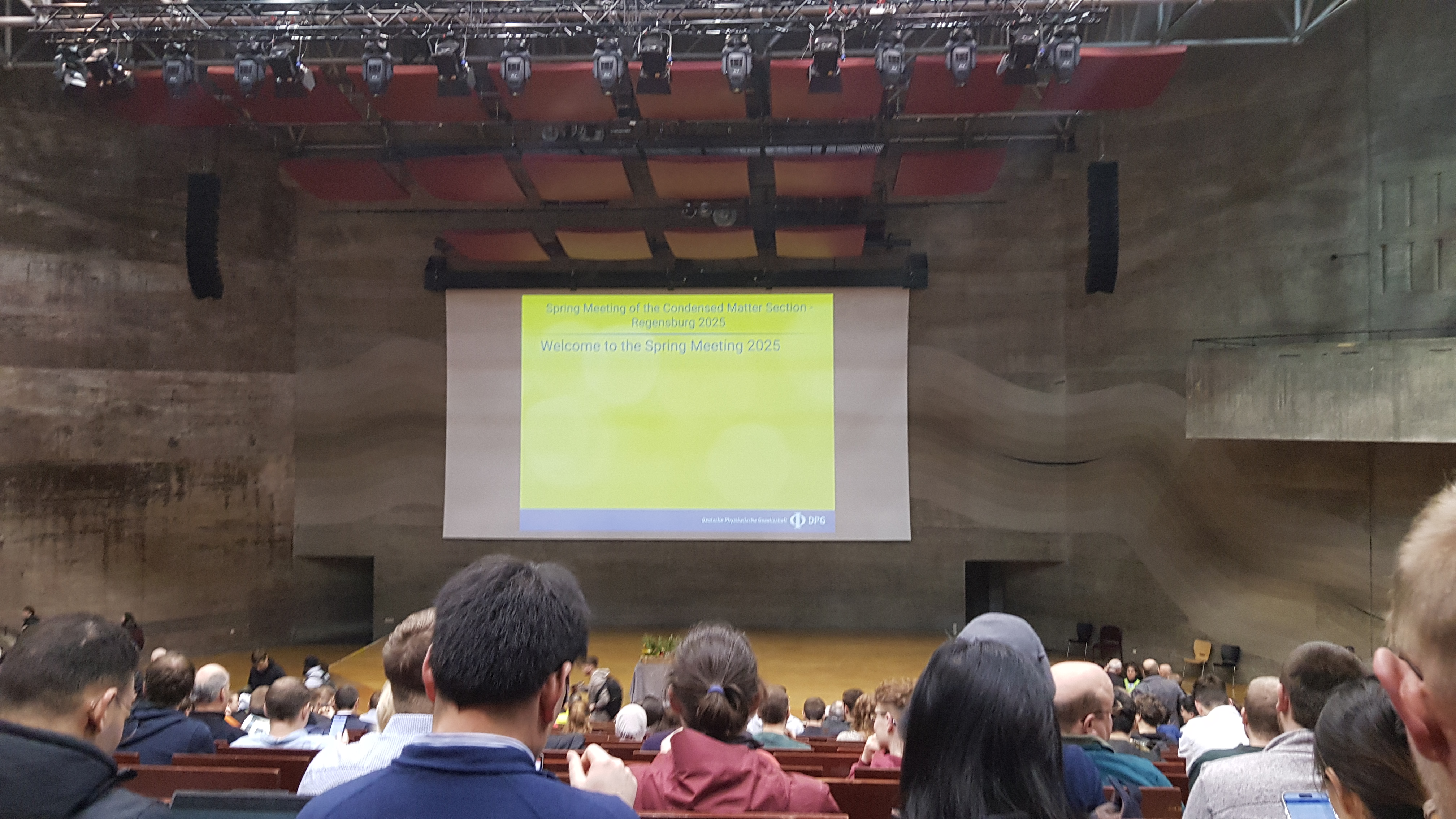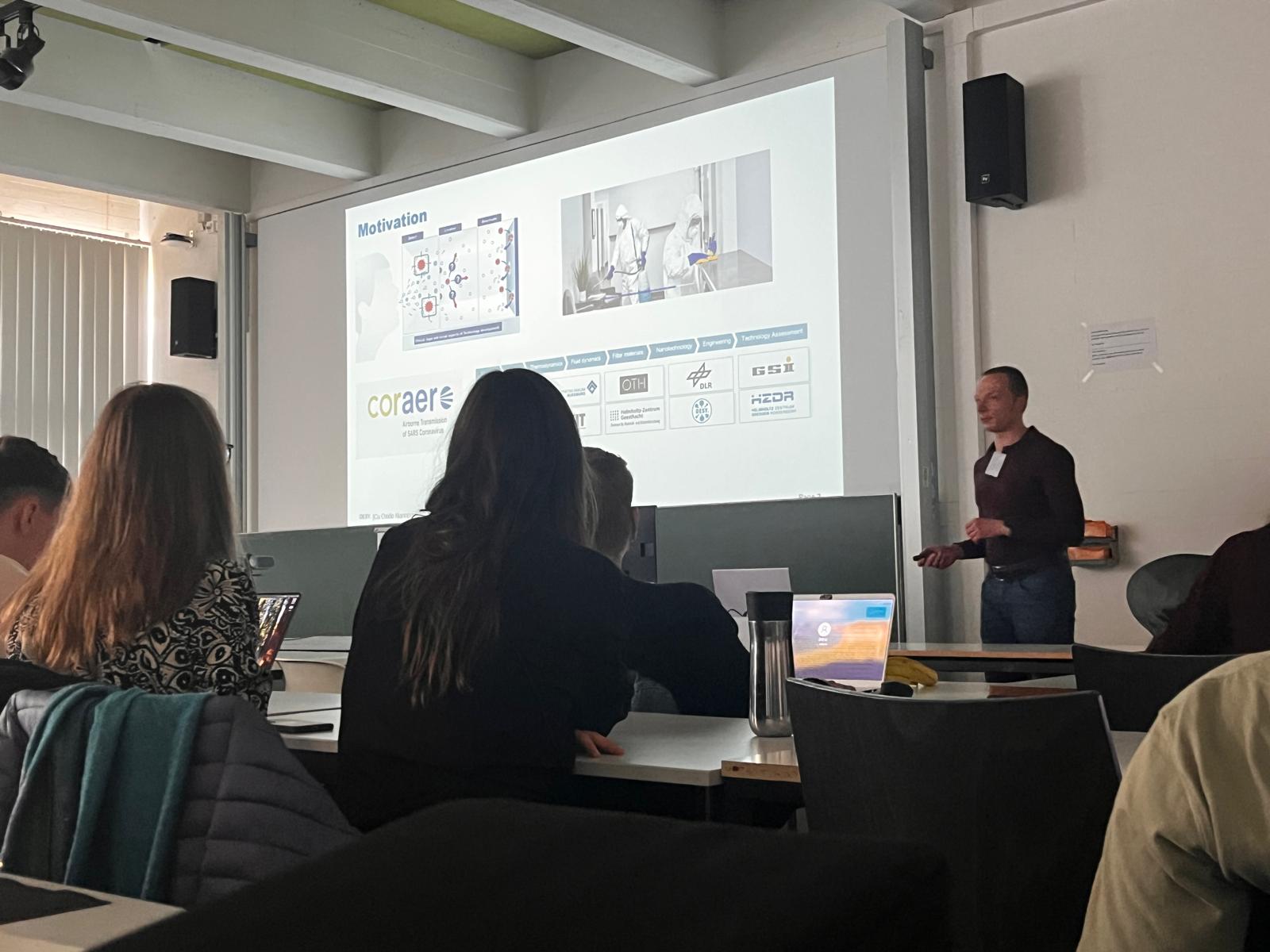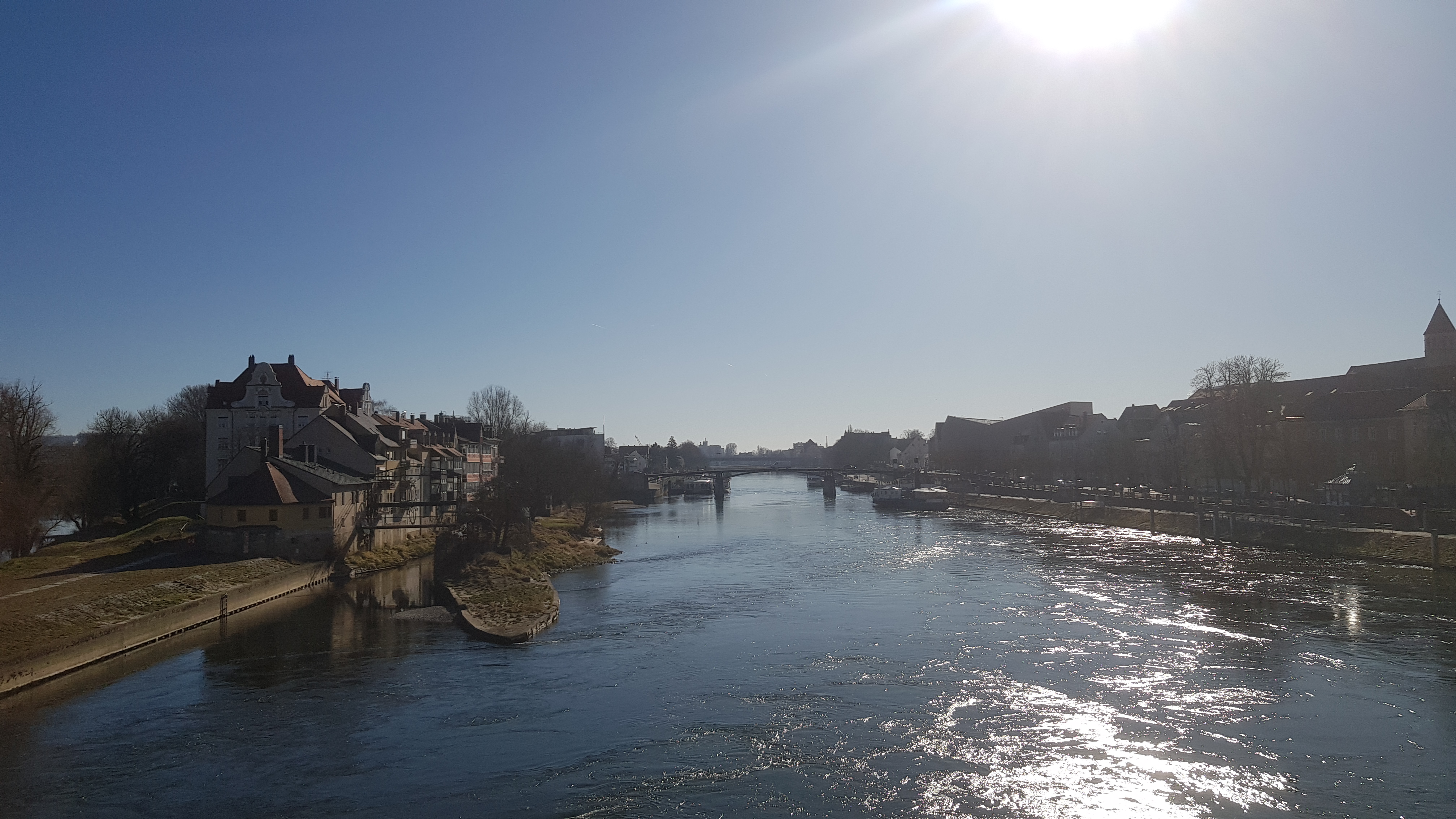Silvan Dolling - Travel Award Interview
PORTRAIT | Doctoral Researcher / Funding / PHGS / Travel Grant
Silvan Dolling is a doctoral researcher at DESY in the FS-NL group. In 2025, he won one of four this year's PHGS Travel Awards and received 3000 € to finance participation in a scientific event. In an interview, he spoke with us about the conference he attended, and what kind of tips he has for future applicants to the travel award scheme of the PIER Helmholtz Graduate School.
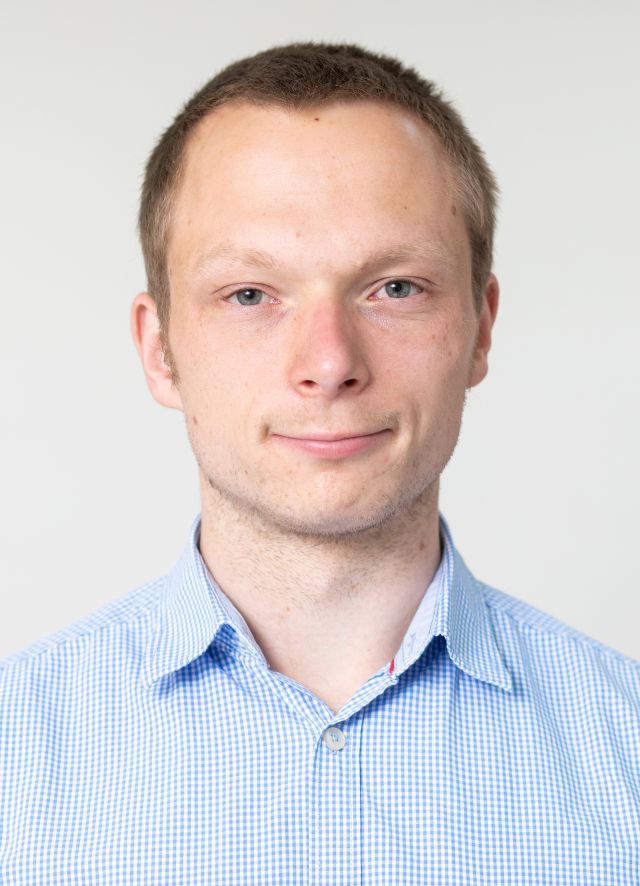
Congratulations on winning the PHGS Travel Award 2025. You are one of a total of four PHGS members who have won the 2025 award and thus received up to 3,000 euros to finance participation in a scientific event. For which event did you use the PHGS Travel Award money for?
The travel award money was used to participate in the “DPG Spring Meeting of the Condensed Matter Section (SKM) 2025” in Regensburg.
Where, when and for how long did the event take place?
The conference took place in Regensburg, Germany from 16th to 21st March 2025.
Please describe the event. Who was the organizer? Were there many people present or only a few? Is it a regular event or a one-time event? What was the event about? Which speakers or interesting people were there?
The DPG Spring Meetings are organized by the Deutsche Physikalische Gesellschaft (DPG). These conferences are held annually and represent the largest platform for scientific exchange in the field of physics in Europe. In total, about 10,000 participants are expected for all DPG Spring Meetings, of which 4,500 are associated with the Spring Meeting of the Condensed Matter Section (SKM). The SKM Spring Meeting primarily features topics in condensed matter physics, but it also encompasses areas such as biophysics, information technology, and applications of physical concepts to various other fields. This year, plenary talks were delivered by prominent speakers such as Franz Giessibl and Susumu Noda. A significant emphasis of the DPG Spring Meeting is placed on smaller sessions focused on specific topics (e.g., adsorption of organic molecules on oxide surfaces), which facilitate detailed discussion and information exchange on very specific topics.
Please describe your role at the event. Were you mainly a listener? A visitor? Did you give a talk or display a poster? Were you there to meet people for discussions?
I primarily participated as a listener at the event, but I also had the opportunity to give a talk outlining the research conducted thus far in my PhD project. Additionally, I engaged in conversations and discussions about topics relevant to my research, which provided valuable insights and opportunities for further collaboration.
Please describe how you benefited from the event. Did you get the chance to broaden and strengthen your network? Did you gain new scientific knowledge and/or received feedback on your scientific findings? Were you able to clarify questions that will help you in your further work on your doctorate?
The conference was overall very beneficial for me. It provided an excellent opportunity to broaden my perspective beyond the sometimes narrow focus of my own project. Listening to engaging talks on completely different research topics was particularly advantageous, as it offered fresh ideas on how to apply concepts across different scientific fields and sparked new interests. Additionally, I attended numerous talks and viewed posters relevant to my field, which provided new insights and ideas on how to move forward and interpret the outcomes of my experiments. Finally, I was able to strengthen my professional network through direct discussions with other PhD students, enhancing connections that could be valuable in my future work.
What was the best thing about the event?
For me, the best part of the event was the opportunity to step outside of my own bubble and engage in conversations with others about topics closely related to my PhD project. It was insightful to hear about and see the different approaches others are taking in similar areas of research. Additionally, I must admit that having the event in Regensburg, a beautiful city, was an undeniable bonus.
Was it worth taking part in the event respectively having made the trip?
Yes, it was definitely worth the trip. As mentioned above, it brought a lot of new ideas and insights.
Is there anything you would advise or recommend to future participants?
I would recommend booking your hotel at least six months in advance, as the high number of participants often means that accommodations in the city fill up quickly. Additionally, I suggest taking the opportunity to attend talks outside your own field of research. Listening to presentations on completely different topics can provide fresh perspectives and inspire new ideas.
Thank you very much, Silvan, and all the best to you for your further studies.
